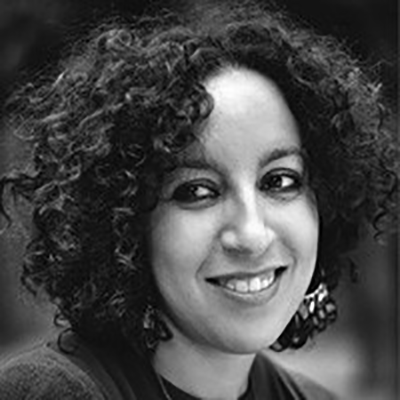“Literature is what comes out of your soul”
When you were a little girl what did you want to be when you grew up?
I wanted to be a writer... and a chemist. When I was a little girl, aged about ten or eleven, I really liked the Sherlock Holmes stories and, well, since the character was a chemist... we might say that I wanted a kind of symbiosis between the author and his character. At this time I was reading a lot of crime novels. I remember being hooked on the "Cua de Palla" collection.
[...]
And have you discovered it [the kind of life you want to have as a writer] yet?
I want to be a writer who writes [laughs]. I want to spend most of my time writing and not much more than that. But I'm aware that public functions are also important, especially because you get to meet your readers and receive some return for the work you've done.
The solitude of the writer.
But this is real! The oddest thing is that they are two totally opposite situations. Book launches are public activities yet, while you're writing the book, you're at home all alone, working away without the support of anybody. All in all, I experience writing as a very individual and non-transferable process. Writing comes with a dash of pain but the satisfaction is infinite.
Have you ever asked yourself why you write?
Every time I do an interview [laughs].
Checkmate.
It's reasonable that you should ask.
So what answer do you give?
Once, at a conference, I said that writing was like just another bodily secretion. I think my description didn't go down very well [laughs]. But it's pretty much the sensation I have. Without knowing why, I need to get something out from inside me. And all the questions that come later –why do I write in such and such a way and not another, and why about some subjects and not about others– don't make any sense at all. Literature is what comes out of your soul. I have no control whatsoever over what I write. And that can be positive because it probably means that I don't repeat myself, don't ever write the same thing again. The problem is that there are people who want to you keep doing the same things all the time.
Does it bother you that the reader doesn't understand your evolution as a writer?
No. I'm sure that everything you write has a reader. That means that you'll have readers who'll always be following you, but there are also others whom you'll only interest for a while. And there are people who'll read you, lose track of you and who, after a time, will rediscover you.
Do we sometimes confuse writers with their work, for example in your case, a writer and daughter of new immigrants who struggles against traditions she doesn't consider her own?
There's nothing I can do about that. I've tried to get rid of these labels but haven't been able to. Yes, it's true that, when you write, you write about certain subjects and, with that, you run the risk of people identifying you not as a writer but with what you've written. And they are not the same. In the beginning I used to brood about this a lot and it really annoyed me but now I've learned to live with it.
Fragments of an interview in 365D365E




